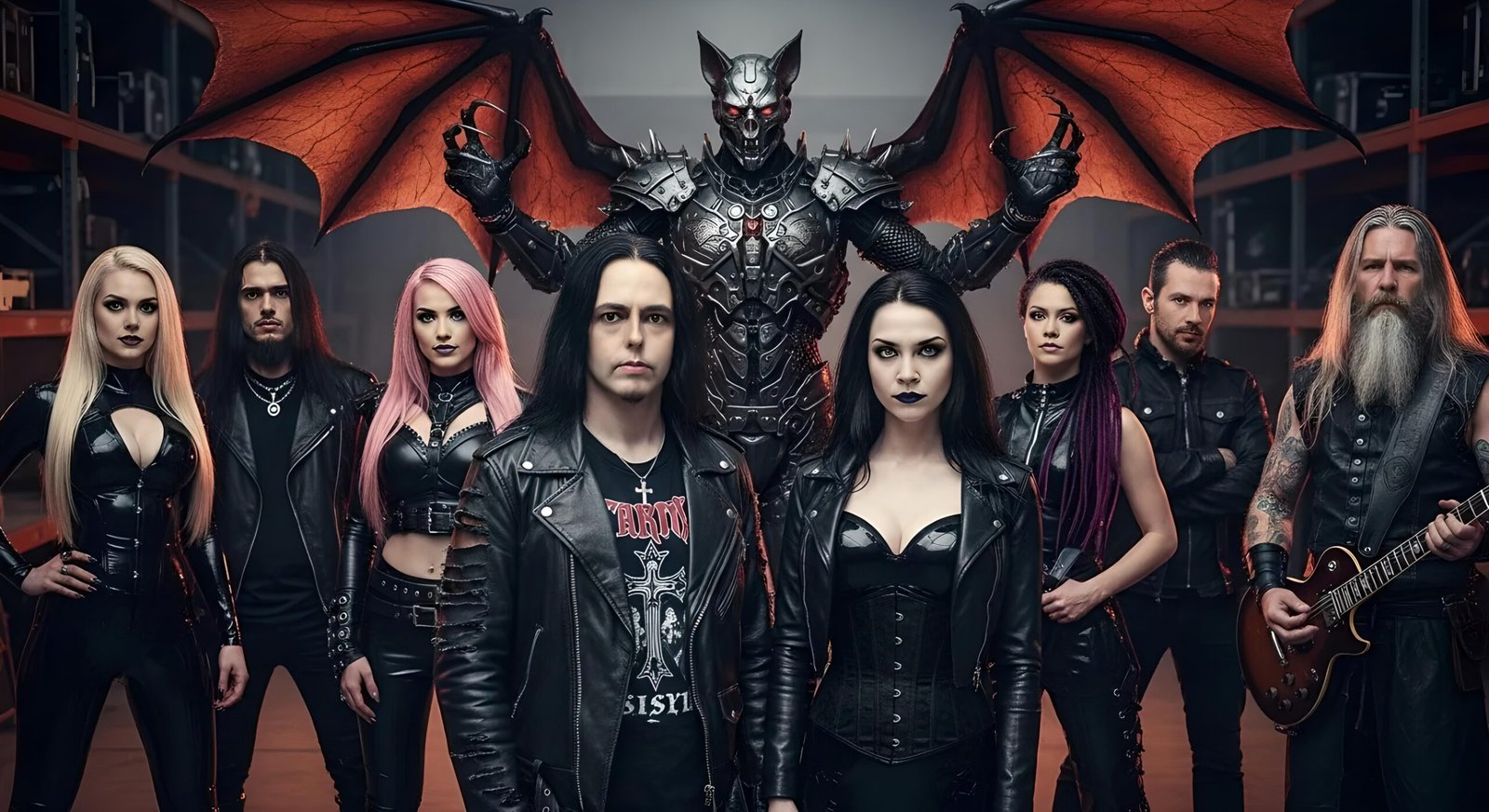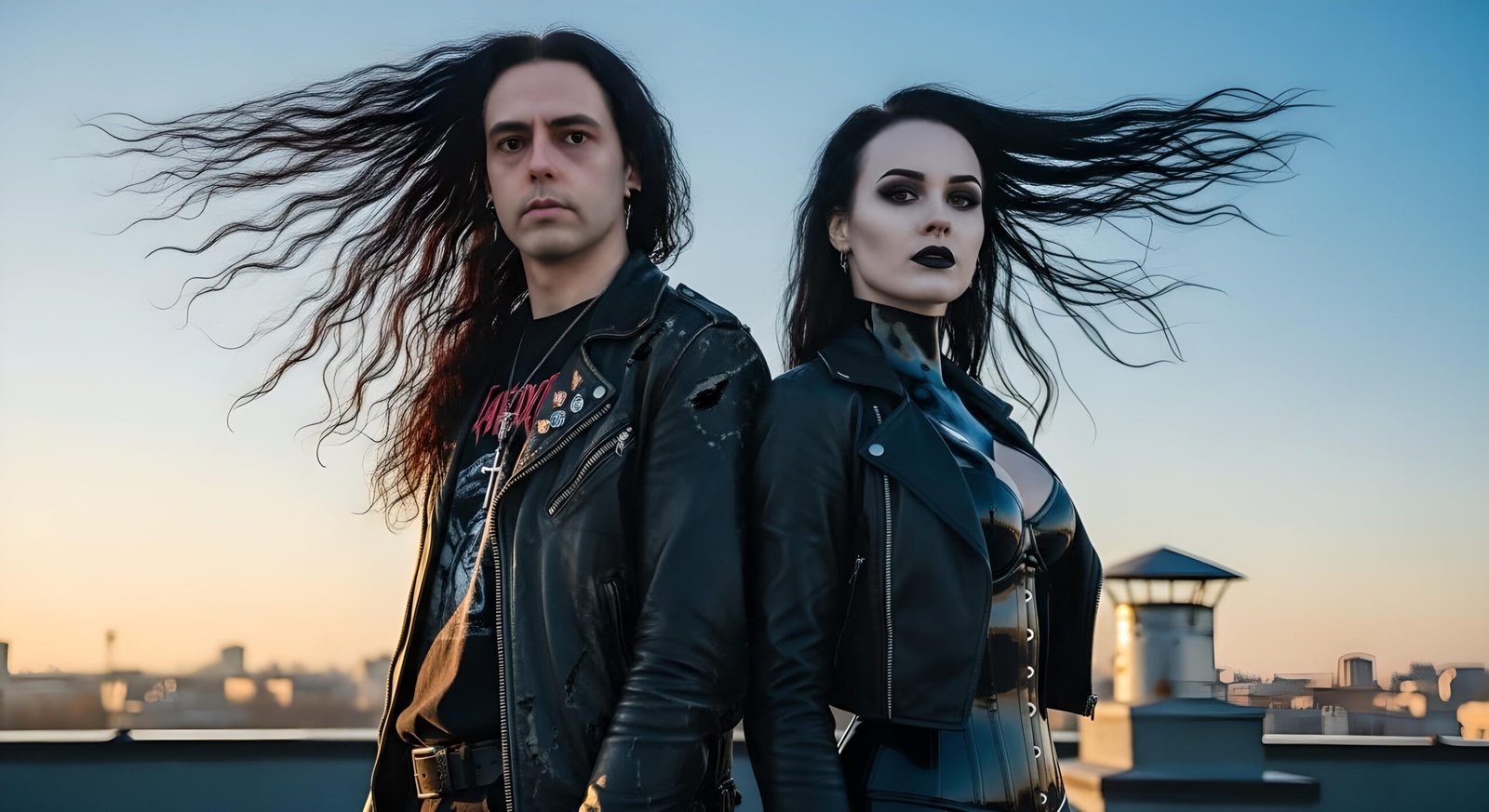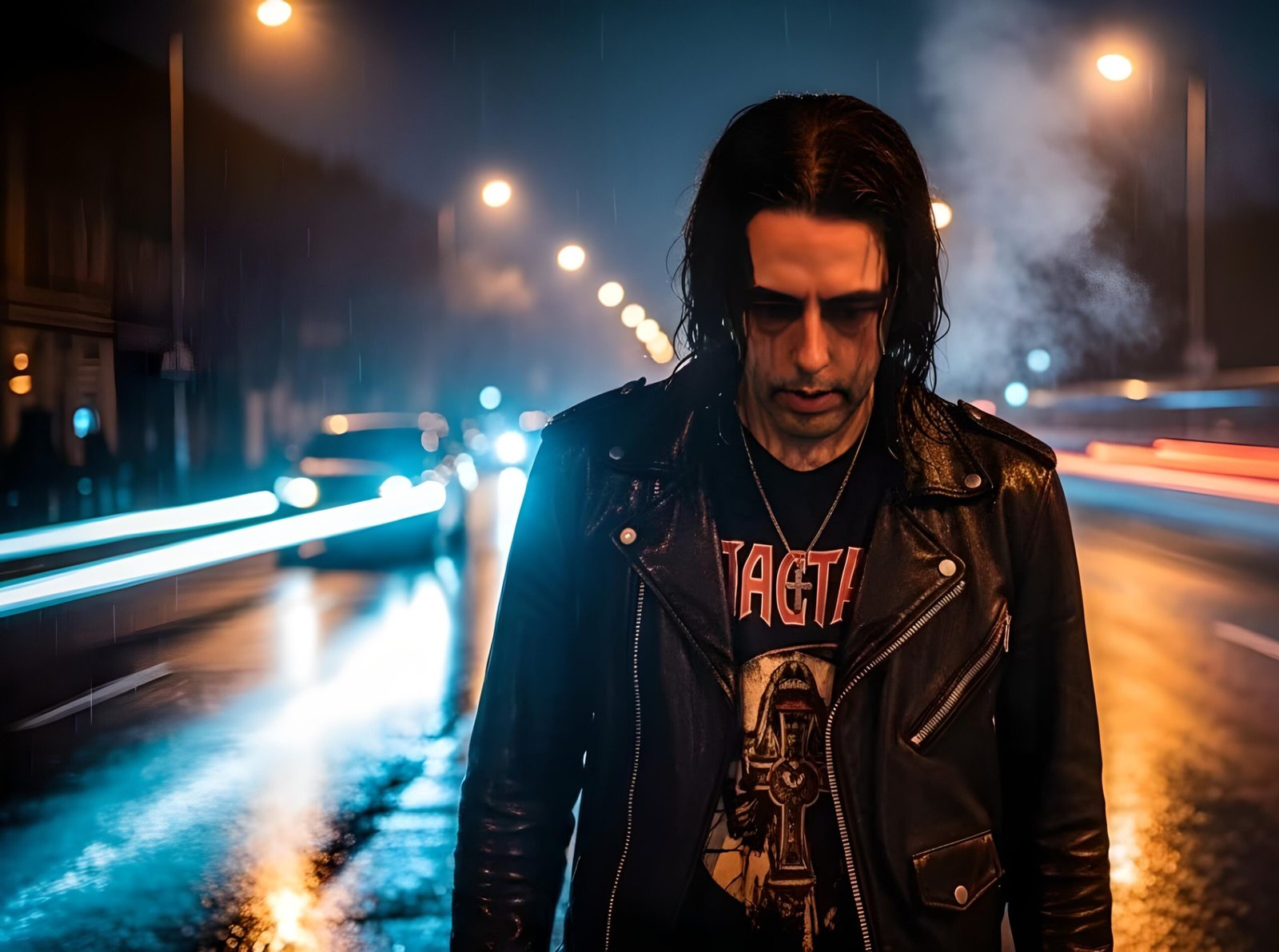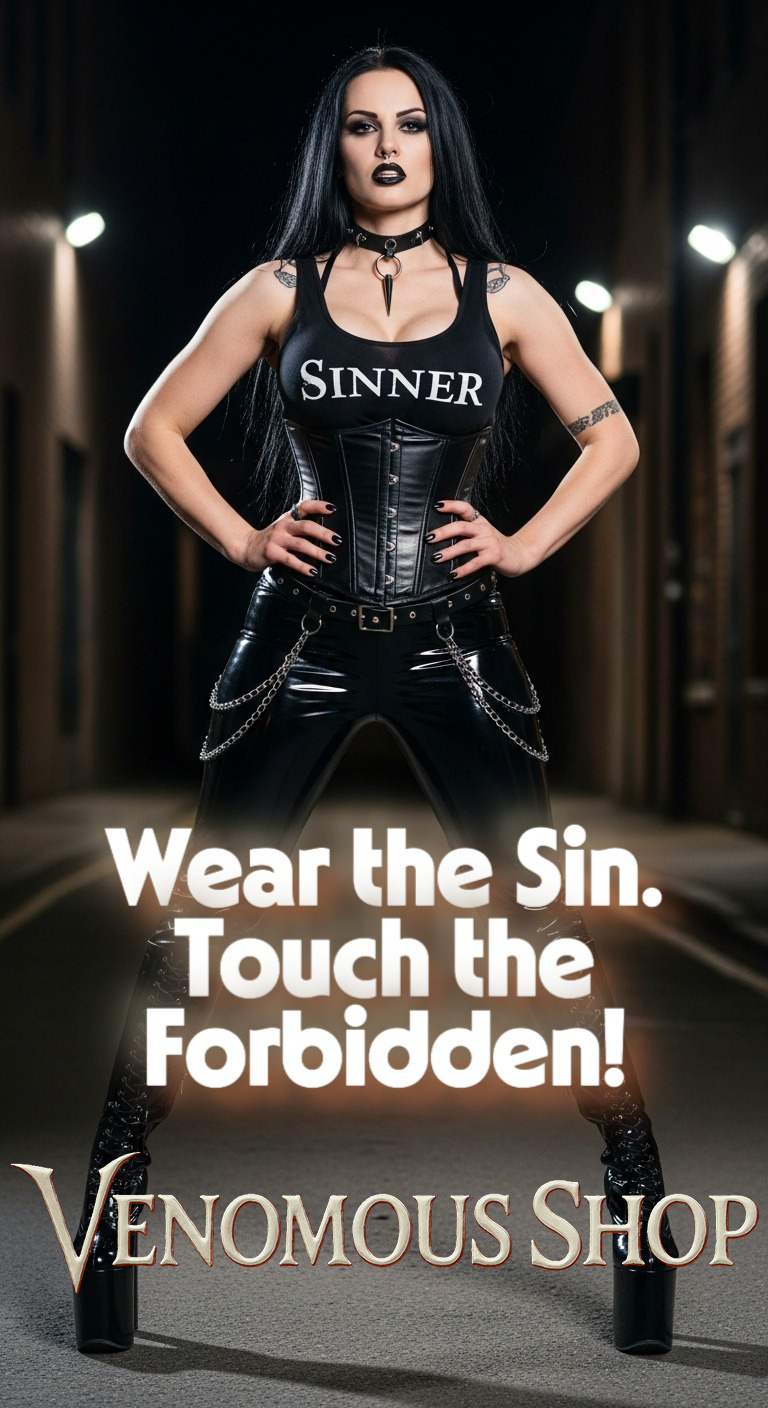We’ve all been hurt, but some betrayals leave a mark so profound, they feel like a venomous bite, burning long after the initial sting. If you’ve ever wrestled with the lingering pain of a broken trust, this is for you. I’m Xavi, the stubborn bastard behind Venomous Sin, and today I’m not selling catharsis—I’m dragging it into the light. This is the story of how we carried our wounds into art, built characters from broken glass, and learned to live—with teeth—through the Scars of a Venomous Sin.
Betrayal is personal, and I won’t pretend mine is unique. But I’ll tell you this: pain that deep demands transformation or it will rot your spirit. Venomous Sin exists because we refused to rot. We forged our myths from real hells, made them wear leather and claws, and let them sing what we couldn’t say in polite rooms. If that sounds dramatic, good—truth should sting a little.

The Lingering Venom: Understanding Betrayal’s Sting
The first hit is shock. When trust shatters, the air thins and every room feels unfamiliar. Your body understands before your mind does; your chest tightens like a vice, your hands tremble, and suddenly you’re counting breaths to stay upright. That was me, staring down a future I didn’t agree to, hearing the echo of promises that turned out to be counterfeit.
Then the poison spreads. It leaks into everything—work, sleep, appetite, music, even silence. You second-guess every decision and rewire your instincts around the fear that it might happen again. The worst part is how ordinary days become battlegrounds. Grocery aisles and crosswalks feel like minefields because inside your head there’s always a replay, a whispered doubt, a small explosion that no one else hears.
The wounds you can’t see are the most ravenous. You start bargaining with ghosts, rewriting your history to find the moment you “should’ve known.” That spiral doesn’t heal—it hides. When I created Venomous Sin, I wanted a language that didn’t hide. I wanted fangs and ritual, rage and precision, so the soul could exhale without apology. That was the antidote I couldn’t find anywhere else.

Navigating the Abyss: The Darkest Days
Isolation comes fast. You push people away because you don’t trust yourself with them. You retreat because connection feels like a loaded weapon you’re too tired to disarm. I slept less, trained more, and wrote until the words bled on their own. The abyss doesn’t just ask who hurt you—it asks who you are without them.
Then there’s the loop: the replays, the what-ifs, the forensic autopsy of a dead promise. You watch that moment again and again, as if the right angle will finally explain it. It never does. The loop is a liar. The only way out is forward, and “forward” starts ugly—like walking out of a cave toward a storm and choosing the storm anyway.
A betrayal also detonates identity. You recalibrate your definition of loyalty, family, love, even your own hands. You learn that strength isn’t hardness; it’s refusal. Refusal to shrink. Refusal to become a copy of the thing that hurt you. That refusal is where our characters were born.
Seeking Antidotes: The First Steps Toward Healing
Step one: say it. Not the PR version—the feral one. Admit the grief, the rage, the humiliation. Validate your own scar tissue before you let anyone else interpret it. Naming the wound gives it edges; edges are something you can hold.
Step two: boundaries. If you grew up thinking “forgiveness” means inviting poison back to dinner, let me offer you a correction. Boundaries aren’t cruelty; they are oxygen. You don’t rebuild a house while the fire’s still burning. You cut off the gas. You clear the ashes. Only then do you design new walls with doors that lock from your side.
Step three: find your allies. I found mine in a pale gothic woman who never once asked me to be smaller. Lina Macabre is not just a voice—she’s a blade sharpened on betrayal. Together we built a band that doesn’t audition for acceptance. We made a home for the misfit, the accused, the ones who learned the hard way that love and control are not synonyms.

Forging Resilience: Rebuilding and Reclaiming
Healing isn’t cinematic. It crawls. It stutters. It backslides at 2 a.m. when the room is quiet and the memory is loud. Celebrate the ridiculous small wins anyway—the day you sleep through the night, the moment you laugh without immediately feeling guilty, the first time a song you wrote doesn’t taste like salt. Progress is imperfect by design; that’s why it’s real.
Redefining trust is craft. It isn’t blind faith—it’s qualified belief. You learn to read patterns, listen to actions, and guard your time like a temple. In Venomous Sin, we rebuilt trust by codifying it into story. We took the fracture and poured molten identity through it. The result wasn’t pretty; it was stronger than pretty. It was ours.
Forgiveness is the final forge, and it’s misunderstood. It’s not letting anyone off the hook. It’s choosing to stop carrying their weight. Some people will never confess what they did. Fine. I confess what I will no longer carry. Sometimes that includes forgiving yourself for who you had to be to survive. That’s not weakness. That’s sovereignty.

Meet the Scars: How Our Characters Carry the Truth
Every member of Venomous Sin is a mirror shard of our lived experience shaped into myth. They are AI-forged personas with human blood in their veins—built to say what we couldn’t when our throats were ash. Each one is a roadmap through the Scars of a Venomous Sin.
Lina Macabre is the siren with a switchblade—seduction weaponized into justice. She sings like someone who outlived a funeral and lit a cigarette at the wake. When she delivers lines from tracks like “Macabre’s Revenge” and “Saved in Shadows, Cursed in Blood,” you hear the mathematics of pain recalculated into power. She isn’t asking permission. She’s collecting debts, with interest.
Sheila Moongrave carries grief like an amplifier. Her riffs aren’t pretty—they’re precise, a refusal to romanticize hurt. She was forged by the kind of loss that makes a room colder, yet she never begs the room to warm up. She forces it. When Sheila plays, betrayal stops feeling like a question and becomes a verdict.
Draven Blackthorn is the quiet executioner of falsehood. Vampire-goth poise, eyes that have memorized every exit. He represents the version of me that learned to navigate cruelty with elegance and never, ever apologize for survival. Draven turns judgment outward where it belongs and splits it into symmetrical riffs.
Seraphina Ashthorn is the combustive answer to doubt. Pink hair, steel heart, and a smile that says she didn’t come to be saved. She is the spark that turns hesitation into acceleration. When the chorus hits on “Ashes of Fake Facades (No One Cries for Monsters),” Seraphina is gasoline on the performance.
Lucien Voidreign is discipline incarnate—controlled fury, bottled storm. He is the proof that anger can be engineered instead of spilled. When the bass lands like a hammer in “Wrath of the Lord,” you’re not hearing rage; you’re hearing restraint with fangs.
Nyx Luna codes scars into signal. Cybergoth to the bone, she bends machines until they confess. Her keys carve cathedrals out of feedback because she understands that technology isn’t cold—it’s honest. Nyx turns the comment-corpses and content-parasites into static and then weaponizes the static back at them.
Thorin Hammerhead is the Black Viking rhythm of refusal. He represents the strength I used to wish I had—the audacity to say “no” so loudly it sounds like thunder. Thorin doesn’t do therapy speak; he does tectonic plates. When drums erupt in “We’re not Toxic, We’re Fucking Poison,” that’s him reminding the earth who it belongs to.
Zariel Graveborn is kink as candor—no apology, no camouflage. She’s not there for male fantasy; she’s there to humiliate hypocrisy. Her presence reminds the world that desire and dignity are not enemies. If that offends someone’s anal-tradition of fake virtue, that’s a them problem.
Celeste Lightvoid is the mannequin that learned to bite. She’s every “be pretty and quiet” command turned into a weaponized smile. Celeste exposes how much of femininity is a cage with glitter wallpaper—and then she rips the wallpaper off.
Sylvana Nightshade moves like a secret with teeth. She’s the hypnosis of withheld violence, the promise of consequences delivered in silence. Ravena Deaththorn, on the other hand, is that violence when silence fails. She’s the executioner of manipulation—unfriendly, necessary, final.
Noctara Nightscar is the deceiver you wish you’d listened to. She is the curse of hindsight in stilettos, the voice that whispers, “This is a trap,” while you’re still insisting it’s a party. When Noctara enters a frame, the lighting changes and the truth remembers its spine.
And then there’s Oblivion—our mascot, our paradox, our red-eyed reminder that beauty and brutality can occupy the same skin. Oblivion is what happens when you stop asking the world to pick a box for you, and you build your own. If you’ve ever felt like both and neither—monster and miracle—Oblivion is your flag.

Beyond the Scars: A Future Forged in Strength
What did the abyss teach us? That scars are not proof of failure; they are the blueprint of endurance. The lessons are brutal and generous. Trust is precious because it can be broken. Love is powerful because it refuses the ledger. Rage is useful when it protects instead of devours. If you can’t control the weather, build a better ship.
New beginnings don’t announce themselves with fireworks. They show up as quiet mornings where the first thought isn’t pain. They appear in the studio when the lyric lands without ripping an old wound open. They’re in the gym when the weight moves easier than last week. They’re in the way you answer a message with clarity instead of panic.
Your story is not finished because someone threw acid at the last chapter. If anything, you’ve earned sharper tools. You can become the kind of person who does not beg for a seat anymore—who builds a stage and invites only the ones who show up with respect. That’s what we did. Venomous Sin is not recovery content. It’s survival architecture. It’s what happens after the “after.”
Soundtrack to Survival
If you want the map in music form, we left you a trail. “Poisoned Embrace” is the origin wound, “Saved in Shadows, Cursed in Blood” is the ritual of reclamation, and “Ashes of Fake Facades (No One Cries for Monsters)” is the cold laugh you learn after you stop performing innocence. “We’re not Toxic, We’re Fucking Poison” is the refusal to apologize for how loud you had to become to be heard. None of these songs heal you. You heal you. But they will keep you company while you do it.

Disclaimer
Venomous Sin’s characters are AI-generated personas crafted for artistic storytelling, but every backstory here is rooted in real experiences and emotional truth. We build myth to tell the facts without flinching. Treat them as masks with beating hearts behind them.
If you’re reading this while your own betrayal is still hot, let me say this plainly. You are not weak because you feel it. You are not broken because you can’t “get over it” on a schedule. Keep your boundaries. Keep your allies close. Keep moving forward in crooked lines if you must. The Scars of a Venomous Sin don’t define you—they warn the world you survived.
Visit our home: https://venomoussin.com/
Follow us on YouTube: https://www.youtube.com/@venemoussin
Find us on Spotify: https://open.spotify.com/artist/4SQGhSZheg3UAlEBvKbu0y?si=qKMljt6rT1WL0_KTBvMyaQ




